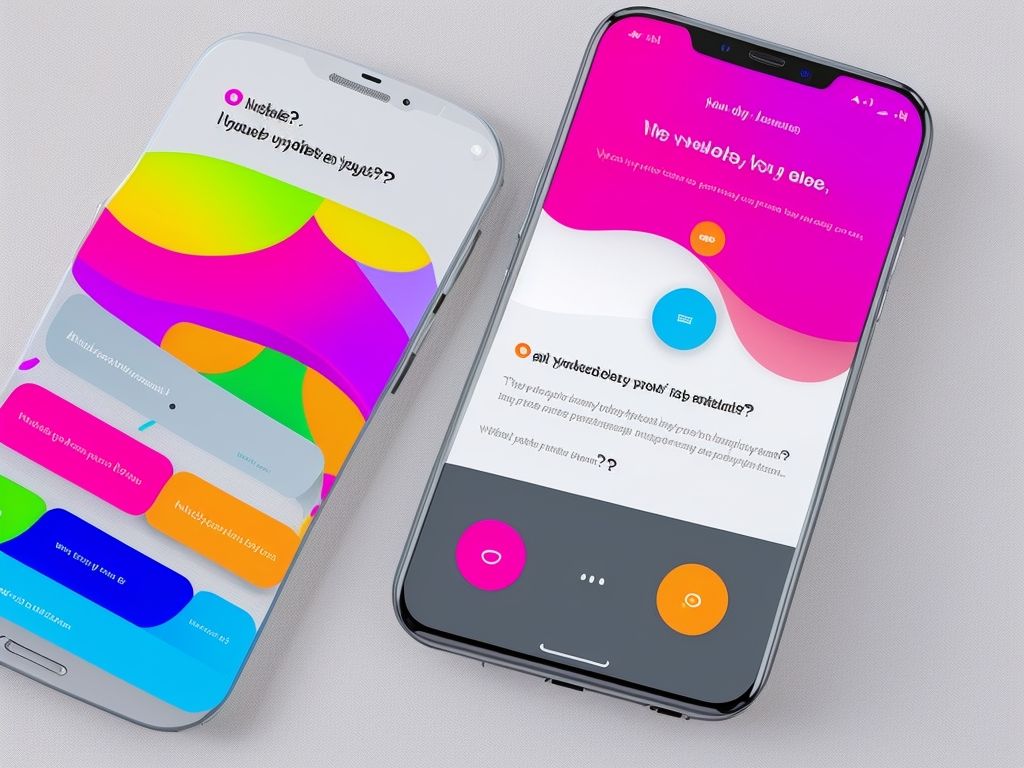What Polls Reveal About Sleeping Together Early and Long-Term Relationship Success
Methodology
To understand how the timing of intimacy affects relationship outcomes, this article draws from large-scale public opinion surveys and academic studies, including:
- A YouGov UK poll on when people think it’s appropriate to have sex after dating begins.
- U.S.-based data from YouGov America and a peer-reviewed study of over 10,000 unmarried individuals.
- Reports from platforms such as Glamour and Chatelaine that synthesize survey data and relationship trends.
These sources allow us to examine attitudes, behaviors, and relational satisfaction outcomes based on sexual timing. Understanding how early sex affects relationship success helps clarify widespread dating concerns.
When Do Most People Think Sex Is Appropriate?
A YouGov survey in the UK asked over 1,500 adults about sexual timing in relationships.
- 24% said they were comfortable having sex within the first week of dating.
- 22% said a month of waiting was ideal.
- 38% of men said the first month was fine for sex, compared to only 20% of women.
This significant gender gap indicates different expectations and comfort levels between men and women, which may affect early relationship dynamics and decisions. These findings also highlight the complexity of early physical intimacy, where cultural, emotional, and generational factors come into play.
In some cases, dating app culture or peer norms can normalize quicker physical connections, whereas others may still value traditional pacing. This mismatch can lead to misunderstandings if expectations aren’t clearly communicated early on.
Does Early Sex Impact Relationship Quality?
A large-scale study published in the Journal of Marriage and Family analyzed over 10,000 U.S. participants and found:
- Couples who delayed sex for several weeks or months reported higher relationship satisfaction, better communication, and greater stability.
- Those who engaged in sex very early—within days—were more likely to report lower long-term satisfaction and quicker relationship dissolution.
This doesn’t mean early sex guarantees failure—but statistically, a delayed approach correlates with better outcomes for many. Early sexual activity may create emotional noise that makes it harder to evaluate long-term compatibility, especially when other factors like shared values and future goals haven’t been discussed.
Emotional Attachment and the “Inertia Effect”
Marriage researcher Scott Stanley explains this with the idea of “relationship inertia.”
When couples become sexually involved early, they may develop emotional and practical bonds that are hard to break—even if they’re not truly compatible.
Poll data supports this:
In a Glamour-featured study of 11,000 people, those who had sex early were more likely to stay in unsatisfying relationships longer due to emotional entanglement or shared responsibilities.
Early sexual activity may fast-track emotional commitment before trust, friendship, and communication have been built. This premature attachment can blur judgment, making it harder to distinguish between passion and real compatibility.
How People Differ in Their Approach
Polls reveal wide variations based on age, culture, and relationship goals:
- Younger daters (18–25) are more likely to engage in sex early, often valuing shared experiences and openness.
- Older age groups, especially those seeking serious relationships, are more likely to wait.
- Cultural backgrounds and life stage also influence intimacy pacing.
For instance, a Chatelaine survey found that 83% of women aged 18–35 worry that sleeping with someone too soon might cause men to lose interest or respect—even if the experience was consensual and mutually desired.
This fear, though rooted in outdated norms, still shapes behavior. For many, the decision to delay intimacy is not just about timing but about preserving perceived value or avoiding emotional risk.
For example, someone dating an older guy may be more cautious about sexual timing, not due to pressure, but to ensure clarity around shared intentions and long-term compatibility.
Polling Numbers on Regret and Long-Term Outcomes
A separate YouGov America poll found that:
- Nearly 50% of Americans believe that sex on the first date can make a serious relationship less likely.
- Meanwhile, one in five believe it has no effect at all.
In another data set cited by Yahoo! Style, 49% of participants admitted to having had sex on the first date. Among them, a notable share expressed emotional regret—but many also reported successful long-term relationships, suggesting that context and communication matter more than timing alone.
Interestingly, regret was more commonly reported when expectations were misaligned. When both partners were on the same page, early intimacy did not appear to negatively impact the relationship’s future. This supports the idea that mutual understanding may be more critical than how soon sex occurs.
Analysis: What the Numbers Actually Mean
While early sexual involvement doesn’t doom a relationship, polling consistently shows modest advantages to waiting.
This doesn’t mean couples must follow a strict timeline—but that allowing emotional intimacy and shared values to grow first can create a stronger foundation.
What emerges is a picture of balance:
- Rushing into physical connection may blur red flags.
- Taking time enables intentional partner selection and better long-term alignment.
Still, a relationship’s outcome isn’t decided by timing alone—it’s shaped by mutual respect, honesty, and shared vision. Sexual timing is just one factor in a much broader equation that includes emotional maturity, life goals, and communication style.
Final Word: Timing Isn’t Everything, But It Does Matter
Polls and studies make one thing clear: there’s no “one-size-fits-all” rule, but patterns exist.
- Couples who delay sex tend to experience slightly better relationship health.
- Emotional bonding too early can sometimes mask incompatibility.
- Open communication is often a more powerful predictor of relationship success than timing alone.
Ultimately, the decision of when to become intimate is personal—but knowing what the data says can help people make that decision with more clarity and confidence.
And while every relationship is unique, one universal takeaway stands out: the deeper the emotional bonds, the stronger the foundation. Whether you choose to wait or not, building that connection with intention will always give the relationship a better shot at lasting success.
- What Polls Reveal About Sleeping Together Early and Long-Term Relationship Success - July 7, 2025
- How to Design a Hard Harry Potter Trivia Challenge - October 4, 2023
- How to Design a Dear Peachie Makeup Preference Poll - October 4, 2023











